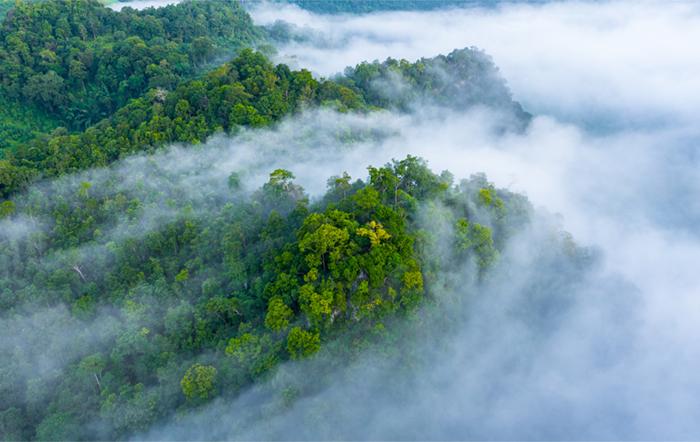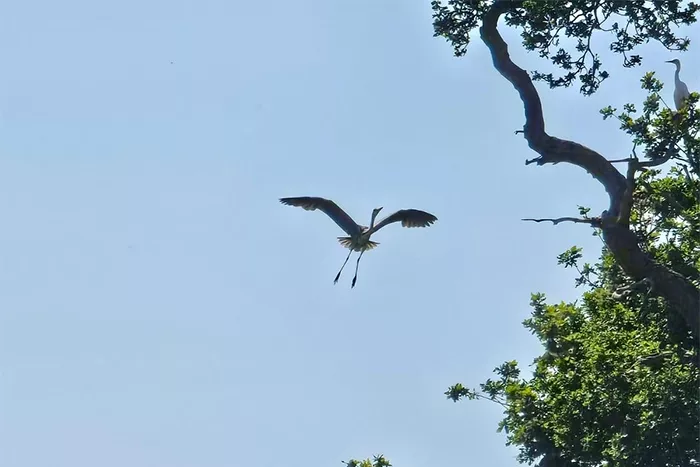The atmosphere’s growing thirst for water is making droughts more severe, even in places where rainfall has stayed the same. New research by Dr Solomon H. Gebrechorkos and Prof Simon Dadson et al in SoGE, published in Nature, finds that this “thirst” has made droughts 40% more severe across the globe.
News
Rai Saad Khan wins prize for his undergraduate dissertation on Performative Statehood
Congratulations to recent graduate Rai Saad Khan (2020, Christ Church) who has been awarded the 2020 undergraduate dissertation prize by the Royal Geographical Society's Development Geographies Research Group for his paper titled, 'Lahore's Performative Statehoods: A study of the form and practices of statehood of the Walled City of Lahore Authority in Pakistan'.

Only one in 10 utility firms prioritise renewable electricity
New research finds electric utility companies are undermining the global transition to net zero emissions. Only 10 percent of companies have prioritised renewable capacity and many of those continue to invest in fossil fuels as well. The study, led by Galina Alova, was published today in Nature Energy and covered by the Guardian, BBC, and others.

5 economists redefining... everything. Oh yes, and they're women.
Forbes investigates five female economists revolutionising their fields by questioning the meaning of everything from value and debt to growth and GDP. The story features Kate Raworth, Senior Research Associate and lecturer at the ECI, and author of 'Doughnut Economics'. Her work challenges traditional measures of growth and GDP, and focuses on sustainable development within planetary boundaries.
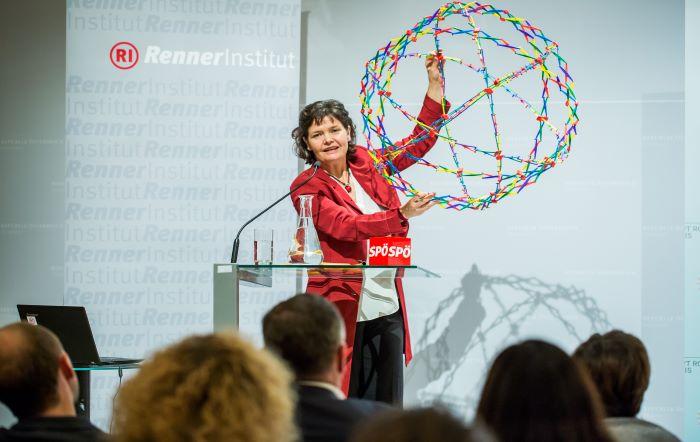
Climate change after COVID-19: Harder to defeat politically, easier to tackle economically
A column in VoxEU draws on a new research paper, 'Five Lessons from COVID-19 for Advancing Climate Change Mitigation' from a team including Franziska Funke, Linus Mattauch and Brian O'Callaghan at the ECI and Smith School. It argues that the current pandemic is an opportunity to understand where the real challenges lie for progression on climate action - in garnering political will and public support.

Why you should go animal-free: 18 arguments for eating meat debunked
Damian Carrington at the Guardian investigates the compelling environmental and health evidence for a plant-based diet. Featuring research and comment from across the University of Oxford, including from ECI researchers Joseph Poore and Tara Garnett.

How COVID-19 Has Accelerated Interest In Environmental Issues
BusinessBecause explores how the coronavirus has changed attitudes, outlooks and policy. With comment from Aoife Brophy Haney, on how the crisis has triggered people to re-engage with their local environment in a different way than they did before - and provided a trial run for the business response to the climate crisis.

MSc student Ellen Kujawa announced as one of nine Science Policy Fellows on the National Academies' 2020 Gulf Research Program
Ellen Kujawa, a current student on the MSc in Water Science, Policy and Management programme, is one of nine recipients to be awarded a 2020 Science Policy Fellowship on the United States' National Academies of Sciences, Engineering, and Medicine's Gulf Research Program, which seeks to benefit Gulf Coast communities and ecosystems.

Pandemic leaves Amazon more vulnerable than ever
Channel News Asia reports on the indigenous peoples of the Amazon, who have seen their lands ravaged by illegal deforestation, industrial farming, mining, oil exploration and unlawful occupation. Now, the coronavirus pandemic and forest fire season amplify these challenges and pose further threats. With comment from Erika Berenguer, ecosystems researcher at the ECI, on deforestation in the Amazon.
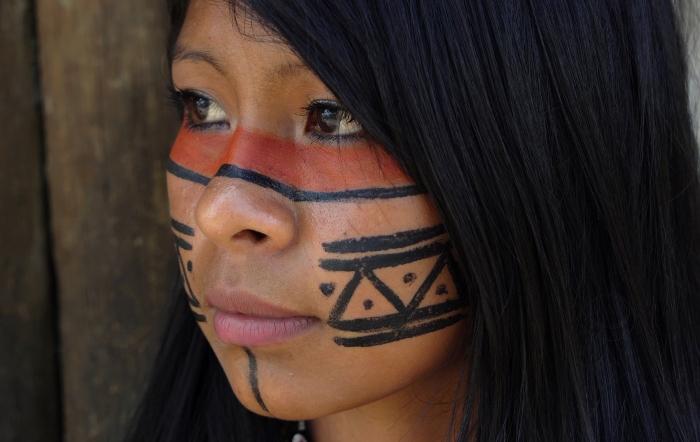
The Economist: Siberia's heatwave would not have happened without climate change
This year's Arctic heatwave has had far-reaching consequences, writes the Economist, from shrinking sea ice, to wildfires, to a massive oil spill. Friederike Otto, co-lead of the World Weather Attribution initiative, discusses the game-changing impact of climate change on this extreme weather.
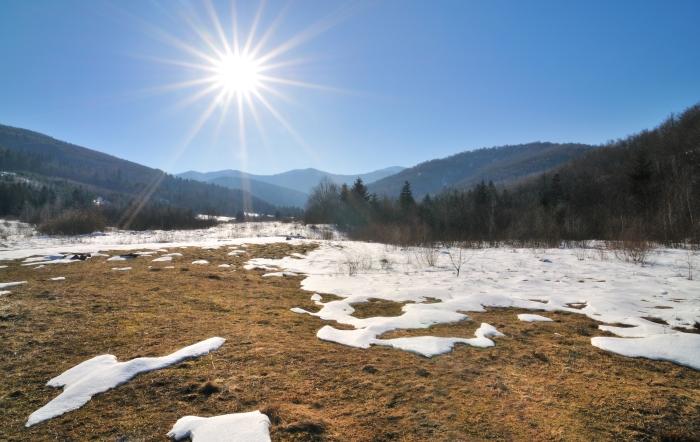
Climate intervention prize
Andrew McConnell has been awarded 1000 EUR and will present to the Advisory Board of the Oxford Martin Programme on the Post-Carbon Transition after his idea was chosen as the most promising 'sensitive intervention point' that could tip the balance on climate change. His proposal is for central banks to reduce their valuation of the worth of carbon-intensive assets posted as collateral for credit. The competition was run in partnership with the Smith School of Enterprise and Environment and led by Dr Matthew Ives.



